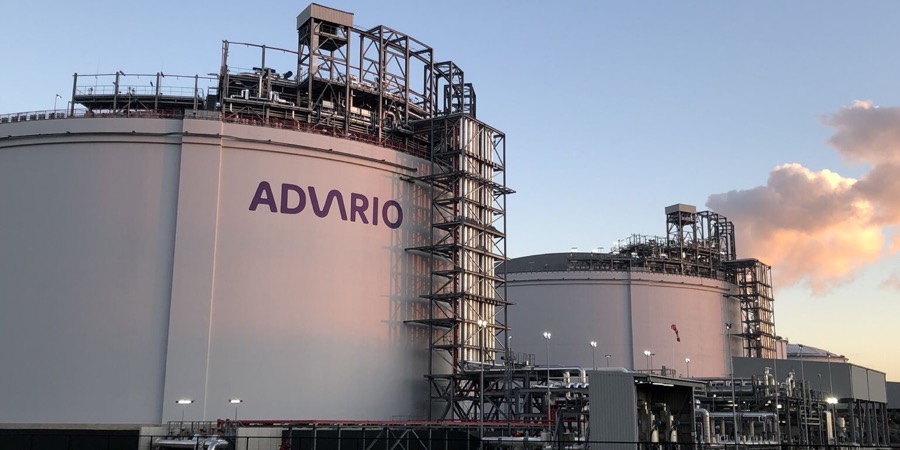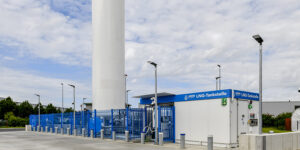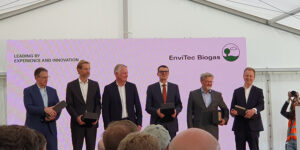The Hydrogen Council, a global CEO-led initiative dedicated to unlocking the potential of hydrogen, counts Advario among its members.
During the visit, discussions revolved around the pivotal role of hydrogen carriers like ammonia in advancing the hydrogen economy, the pressing need in Europe for import and export facilities for ammonia, and Advario’s aspiration to construct ammonia storage facilities at one or potentially both of their terminals in the Port of Antwerp-Bruges. The visit concluded with a comprehensive site tour of AGT, Advario’s flagship gas terminal.
Safety emerged as a central theme throughout the visit. The import, export, and storage of ammonia require the expertise of a reliable and secure operator. Andrei V. Tchouvelev, Director of Safety & Regulatory at the Hydrogen Council, remarked, “I enjoyed our discussions and am impressed with what I saw at AGT. The site does not store ammonia yet, so I focused on getting a feel for the safety culture, overall level of maintenance, and the team’s readiness for the potential addition of ammonia storage. The Advario team at AGT is evidently well-prepared, possesses the necessary technological and engineering expertise, and demonstrates a keen understanding of the nature of ammonia. I am very pleased.”
Nancy De Groof, Vice President of Belgium at Advario, expressed gratitude for the council’s visit and their valuable insights, stating, “It was a pleasure to host the council, and I am grateful for their input and kind words. We firmly believe in ammonia’s role as a cornerstone of the clean energy mix and as a catalyst for the hydrogen ecosystem. We are currently in advanced stages of a feasibility study, conducted in collaboration with our partner Fluxys, exploring the establishment of an ammonia import terminal in Antwerp.”
Drawing on Advario’s extensive experience as an ammonia storage operator, including the design, construction, and operation of ammonia storage at their terminal in Nanjing since 2017, Nancy added, “Coupled with AGT’s expertise in safely handling a diverse range of gases and its strong track record in operating refrigerated storage, the Advario team in Belgium is well-prepared. We are committed to being a partner for progress and eagerly anticipate contributing to the further advancement of the hydrogen ecosystem.”
For more information visit advario.com






